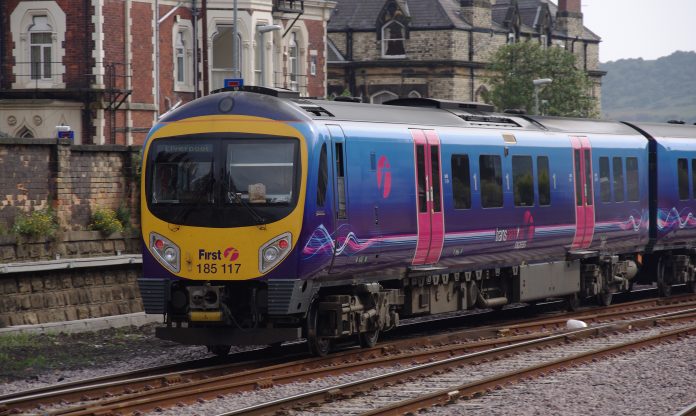Fight for real nationalisation with workers’ control
Iain Dalton, Yorkshire Socialist Party secretary
With the company regularly unable to run substantial numbers of its services, it was only a matter of time before TransPennine Express would lose its contract. Cynically, the Tories held off from announcing this until after the local election, not wanting to increase the drubbing they received on 4 May.
Four English rail franchises are now run by the government’s rail operator of last resort – DfT OLR Holdings. Major rail franchises in Wales, Scotland and Northern Ireland are also run by the governments there.
At the recent RMT and Aslef picket lines of rail workers in Leeds, we were struggling to find anyone who still works for a ‘private’ operator! But, as those strikers still pointed out, even though government subsidies are now not flowing directly into the pockets of shareholders, they are still run by almost exactly the same management as when they were private entities.
Indeed, the Tories have already said that their intention is for this nationalisation to be temporary, and for it to return to the private sector. The Tories intend to set up Great British Railways to do just that. Instead of bringing the railways into public ownership, it will act as a public coordinating hub of the private rail operators.
The Tories’ vision of Great British Railways – closing all ticket offices, driver-only operated trains, and guaranteed subsidies of private shareholders’ profits – is in stark contrast to the vision of rail workers and the travelling public. We want a reliable, fully staffed service. Instead of subsidising private companies, the money generated on the railways goes back into investing in the service.
You can’t control what you don’t own. So taking these private companies into public ownership is vital.
But if the interests of rail workers and service users are to be realised, then the same old managements can’t be left in charge. Nationalised rail must be under democratic, working-class control.
Decisions could be taken through democratic discussion of elected representatives of rail workers and service users. They could weigh up the different options, then utilise which best meets people’s needs.
Instead of drawing up plans which seek to protect the profits of the private rail companies, we could focus on ensuring that services run on time, with staff properly paid.
This would mean ongoing track maintenance, rather than waiting until things fail. It would mean open and staffed ticket offices, and maintaining the safety-critical role of train guards. All have been on the government’s chopping block.
Using the money that so far has been funnelled into the pockets of shareholders could fully electrify the railways. Only 30% has been done to date!
Or investing in new infrastructure to increase capacity. Under the Tories’ system, Northern Power House Rail has been cancelled.
This all requires a political voice prepared to fight for it. Labour leader Keir Starmer has dropped almost all of Jeremy Corbyn’s nationalisation pledges.
One of the few left is to bring rail companies into public ownership when their contracts expire, as the government is doing with TransPennine. But that could be as late as 2028 in the case of Great Western. We can’t wait that long!
Moreover, Tony Blair was the last Labour leader to win a general election promising rail nationalisation. And he never delivered.
That’s another reason that we need a new mass workers’ party, to put renationalising, not just the railways, but all privatised utilities, under the democratic control of workers’ representatives at the heart of its programme.







